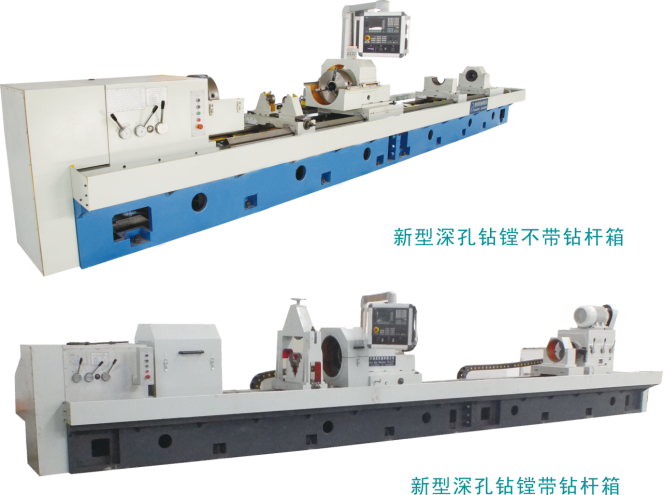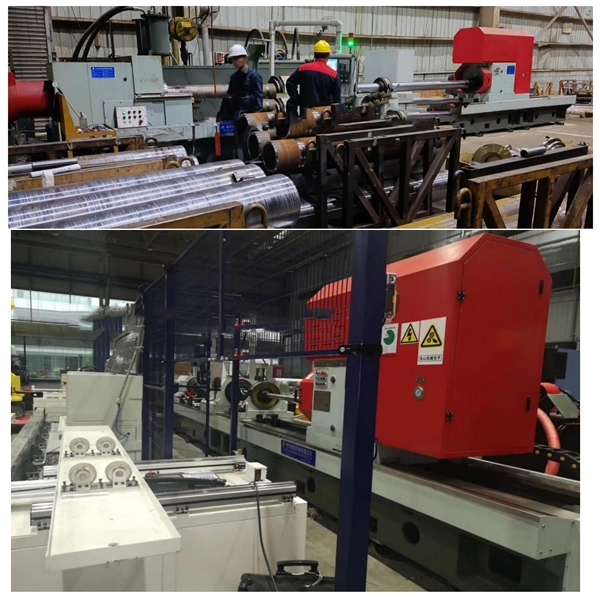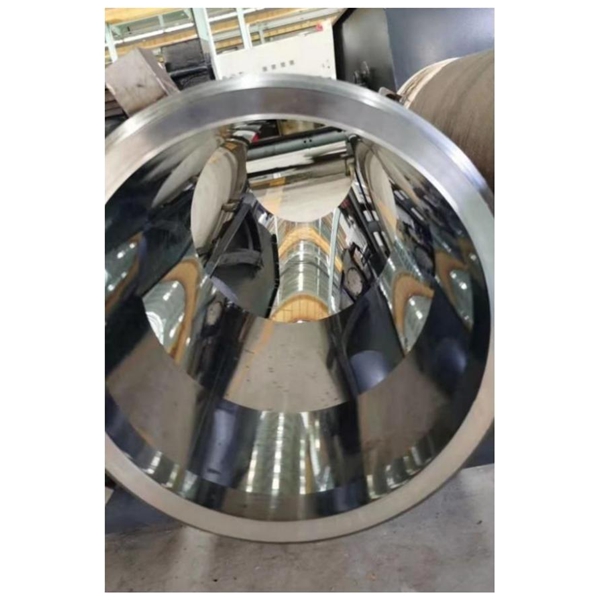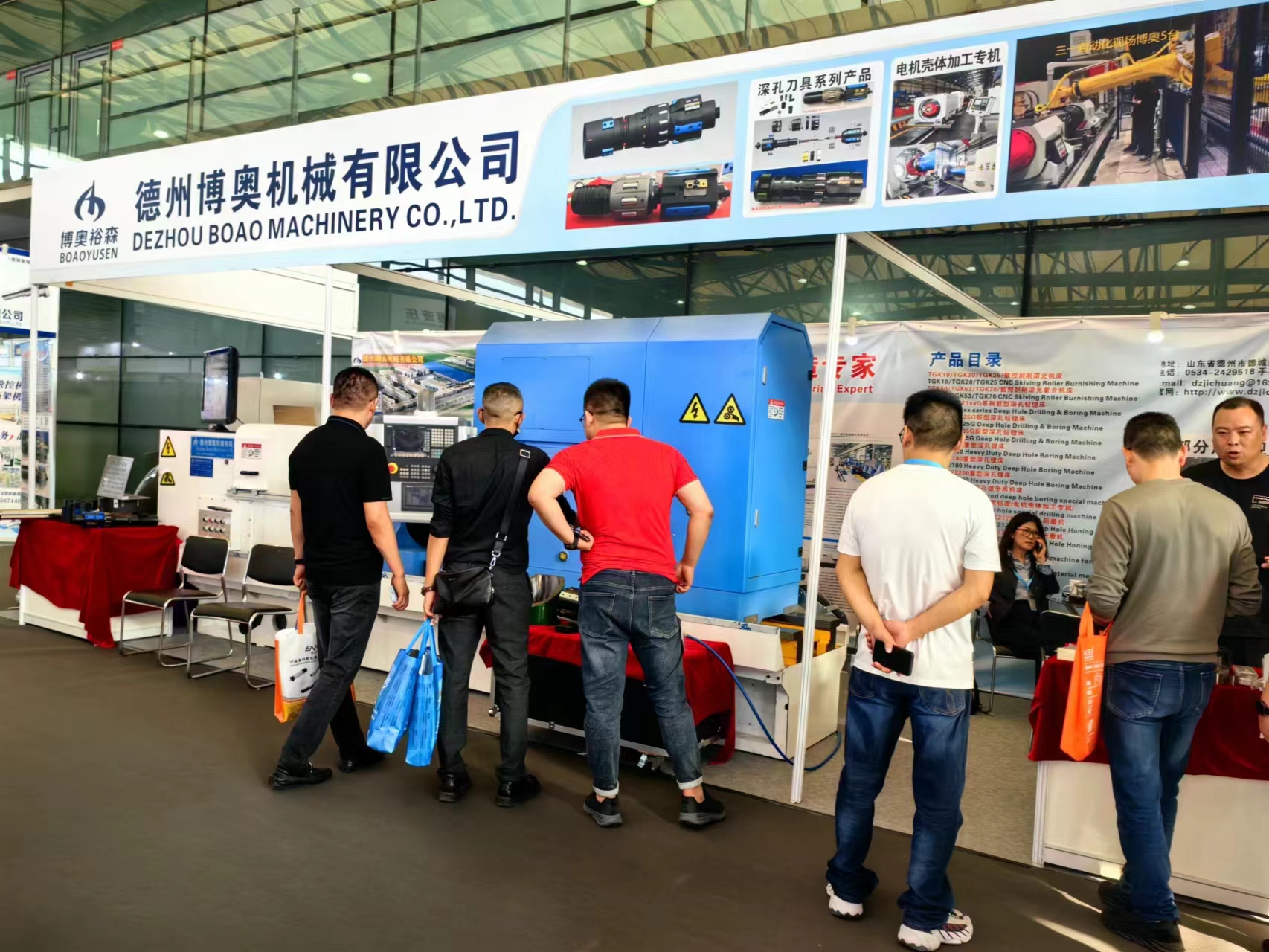The cylinder production process involves several key steps, including deep hole drilling, boring and roll polishing. These processes are critical to manufacturing high-quality cylinders used in various industries including automotive, aerospace and manufacturing. Let’s take a closer look at each process and its importance in cylinder production.
Deep hole drilling is a critical step in cylinder production as it involves drilling holes with a high aspect ratio. The process is used to create precise, deep holes in the cylinder, which are critical to housing components such as pistons, valves and hydraulic systems. Deep hole drilling requires specialized equipment and expertise to ensure the accuracy and quality of the holes.
Boring is another important process in cylinder production that involves enlarging and refining drilled holes to obtain the required size and surface finish. This process is critical to ensuring proper fit and function of the cylinder components. Depending on the specific requirements of the cylinder, boring can be performed using various techniques such as single-point cutting or multi-point cutting.
Rolling is a finishing process used to improve the surface finish and dimensional accuracy of cylinder bores. This process involves using a polishing tool, usually a roller or ball, to smooth the surface of the hole and remove any imperfections. Polishing helps achieve the tight tolerances and superior surface finish that are critical to cylinder performance and longevity.
To sum up, the cylinder production process involves a series of basic steps such as deep hole drilling, boring, and rolling. These processes are critical to manufacturing cylinders with precise dimensions, smooth surface finish, and high-quality performance. By employing advanced technology and equipment, manufacturers can ensure the production of reliable and durable cylinders that meet the stringent requirements of modern industrial applications.
Post time: Jun-21-2024





